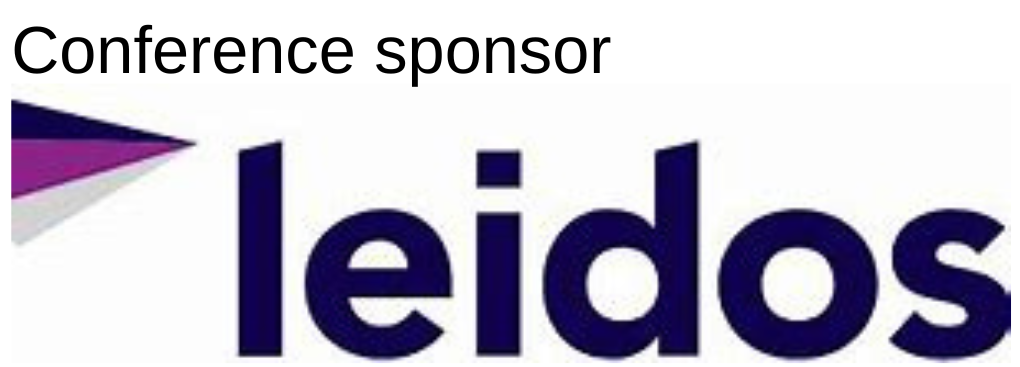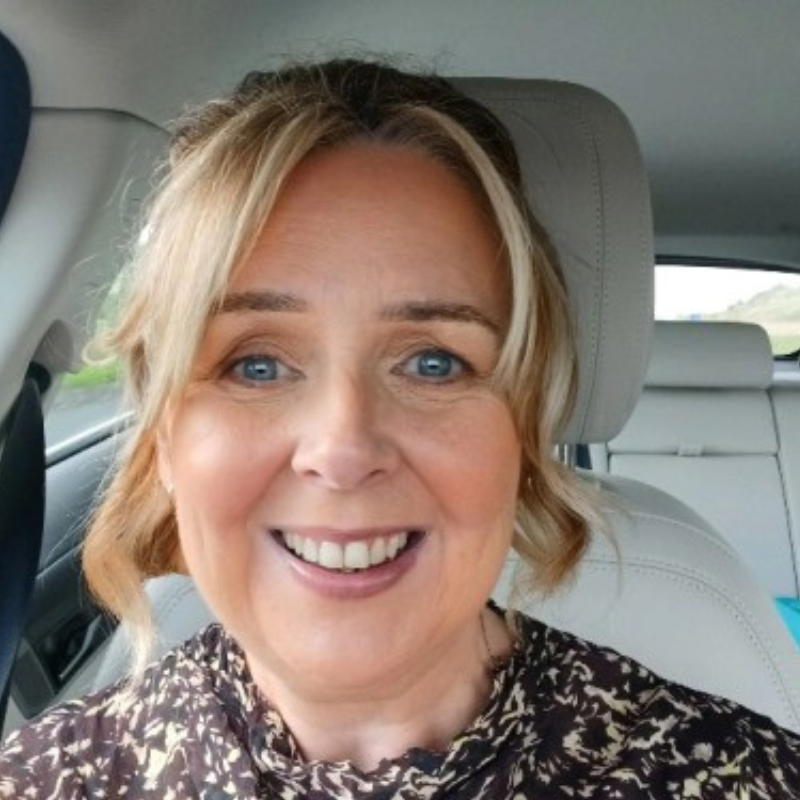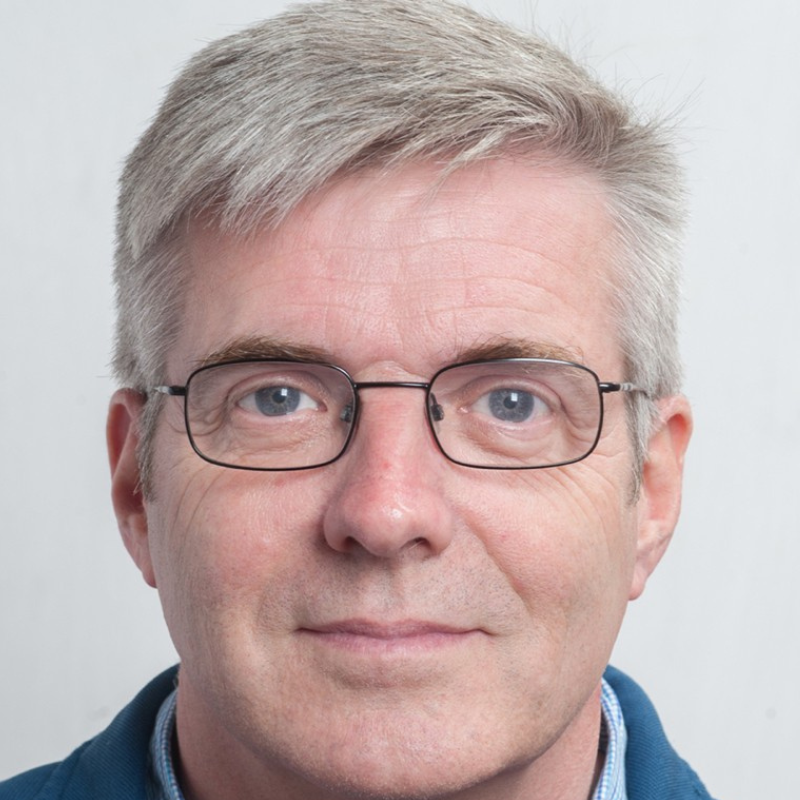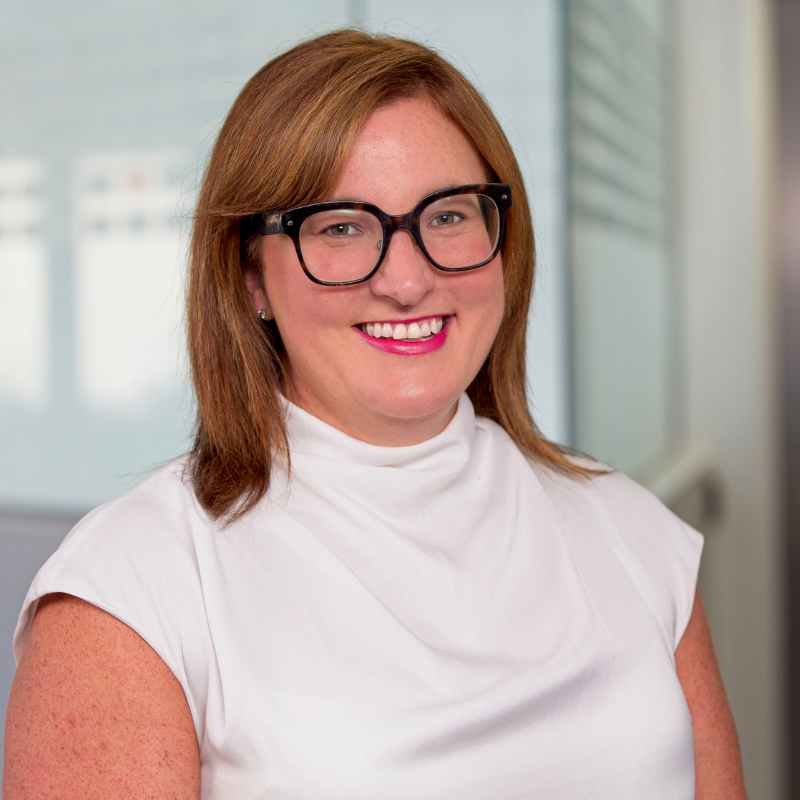
Emergency planning, resilience, business continuity and risk reduction are the activities we plan, practice and train for in the hope they will never be needed. They mitigate the worst when it happens and bring assurance and stability when it does not. However, the threats presented to normal order are magnified by local, national and international events which can bring instability to our own front door. So how do we plan for the unexpected, ensure that we learn from every opportunity, collaborate to maximise best practice and keep our emergency planning and resilience practitioners, and our responders at every tier, well-resourced and able to prevent and react?
We face a wide range of threats in developing our resilience and preparing our capacity to respond. The consequences of globally linked economies in bad times. The potential public health effects of diseases on intimately linked societies. Open and interwoven digital worlds across national borders. A destabilised international order. Increasingly turbulent effects of climate change. The impact of economic downturn on lower public investment and safety and quality outcomes. Then there are the kinds of accidents and disasters which can occur in good or bad times.
Emergency planning in Scotland has come a long way in the last 25 years. From a period in which some may have thought that civil contingencies and emergency planning were, to some extent, becoming a Cinderella service after the end of the Cold War, we are now in a completely different world. It is unimaginable that trying to minimise emergencies and disasters through prevention and good practice, maintaining resilience in the face of major and minor incidents and responding quickly and effectively to such occurrences would be anything other than a core activity for all public sector agencies and most in the private and third sectors too.
Since the turn of the millennium, civil contingencies preparadeness has heightened and continued to grow in importance. The need to plan for the Y2K 'millennium bug' in 2000 and the attack on the World Trade Centre in 2001 were perhaps the two events which initially triggered a new awareness of the critical importance of resilience and emergency planning. Since then, a succession of terrorist incidents, natural disasters, major accidents, extreme weather climate-related events and, most recently, COVID pandemic have seen our systems, responses and resilience repeatedly needed and tested.
So, what lies ahead for our resilience and emergency planning community and its professionals, practitioners and structures? What are the challenges they may need to respond to and how can they harness best practice and collaboration to anticipate and meet the tests in coming months and years? What resources and structures, awareness and systems, and anticipation of a constantly changing world and its threats will they need to combine?
This conference examines the responsibility ahead for Scotland's resilience and emergency planning community in meeting current and future demands in an uncertain environment where finance, risk, global instability and climate change combine to present constantly evolving challenges. Against this backdrop the conference will focus on three broad themes:
Topics to be discussed
Who should attend?
This conference is intended for individuals working in emergency planning, business continuity, cyber security, disaster recovery or incident management. It is relevant for risk management, facilities & infrastructure professionals; local authority officers involved in the likes of emergency planning, resilience management, flood prevention, public health, fraud prevention and cyber security should also have an interest. It is relevant to anyone working within an organisation providing support in emergency or crisis situations including local authorities, emergency services, health authorities and the third sector as well as suppliers to such organisations.
Examples of the types of individuals and organisations already booked to attend include Head of Innovation, Executive Manager - Governance and Law, Policy and Improvement Lead, Compliance Manager – as well as the more traditional roles such as Business Continuity, Risk Management and Emergency Preparendess. These come from across local government, non-departmental public bodies, the third sector and industry bodies.

Chair
Chartered Institute of Public Relations Scotland

Professor of Climate System Science, Department of Meteorology
University of Reading

Senior Resilience Officer
Glasgow City Council

Chair, National Preparedness Commission; former Chair, Metropolitan Police Authority; former Reviewer of London’s terrorist preparedness

Resilience Manager
Scottish Environment Protection Agency

Business Development Manager, Scottish Public Sector
Leidos

Chief Executive Officer
Cyber and Fraud Centre Scotland
09:00 Chair's opening remarks
Jamie MacLaren, Business Development Manager, Scottish Public Sector, Leidos
LeidosInc
Session 1: Where have we come from and where are we heading?
09:05 Keynote speaker
Lord Toby Harris, Chair, National Preparedness Commission; former Chair, Metropolitan Police Authority; former Reviewer of London’s terrorist preparedness
LordTobySays
09:20 Multi agency co-operation and resilience
Robbie MacDonald, Resilience Manager, Scottish Environment Protection Agency
ScottishEPA
09:35 Question and answer session
09:50 Comfort break
Session 2: Key themes and practitioners
10:10 Public safety and public bodies
Janice Boyle, Senior Resilience Officer, Glasgow City Council
GlasgowCC
10:25 Cyber vigilance and preparedness
Jude McCorry, Chief Executive Officer, Cyber and Fraud Centre Scotland
cyberfraudcen
10:40 Question and answer session
10:55 Comfort break
Session 3: Case studies and staying up to date
11:15 Climate change, extreme weather and risk – understanding what we are facing
Professor Nigel Arnell, Professor of Climate System Science – Department of Meteorology, University of Reading
UniRdg_Met
11:30 From resilience to emergency alert – containing risk
Stewart Argo, Chair, Chartered Institute of Public Relations Scotland
CIPR_Scotland
11:45 Question and answer session
12:00 Chair's closing remarks
Jamie MacLaren, Business Development Manager, Scottish Public Sector, Leidos
LeidosInc

Stewart Argo
Chair
Chartered Institute of Public Relations Scotland
With three decades of experience in communications, Stewart is happy to talk on almost any issue, but is particularly keen to share practical insights on:
• Measuring campaign impact: Focusing on the importance of evaluation in communications to demonstrate the real effects of campaigns, particularly in achieving business outcomes and driving behaviour change.
• Leadership communication: Helping leaders improve how they communicate their vision, both internally and externally, to align teams and engage stakeholders effectively.
• Crisis and reputation management: Lessons from managing high-profile and sensitive issues across the public and private sectors, with an emphasis on transparency and long-term reputation building.
• Corporate and B2B communication: Practical strategies for businesses to enhance corporate reputation and manage stakeholder relationships more effectively.
Naturally, Stewart can also talk about the benefits of professional membership organisations and the contribution of PR, public affairs and marketing communications generally.
Professional and personal background
Stewart began his career with BBC Radio Shetland before moving into public relations. His initial roles were with NHS Grampian and then the Scottish Environment Protection Agency, before he joined the City of Edinburgh Council.
Stewart then moved into agency, first with Weber Shandwick and then BIG Partnership, where he is responsible for its Edinburgh PR and public affairs teams.
His campaign and issues experience ranges from student finance to square sausages, container terminals to communicable diseases, fish farming to ferries, chemistry to crime, radioactivity to rewilding, lighthouses to life sciences and other forced alliterative pairs!

Nigel Arnell (Professor)
Professor of Climate System Science, Department of Meteorology
University of Reading
Research interests:
Research projects:

Janice Boyle
Senior Resilience Officer
Glasgow City Council
I’m an experienced resilience officer having worked in the profession for the last 15 years.
Working in Glasgow the biggest City in Scotland and with a population of around 1,698 has given me many opportunities and presented many challenges. I’m well versed in responding to Civil Emergencies, contingency planning and Integrated Emergency Management. On the lighter side of Resilience, I have experience in large scale events notably Commonwealth Games 2014, COP 26, European Championships and the Cycling World Championship.

Lord Toby Harris
Chair, National Preparedness Commission; former Chair, Metropolitan Police Authority; former Reviewer of London’s terrorist preparedness
Lord Toby Harris is Chair of the National Preparedness Commission, Chair of the General Dental Council, and Chair of the Fundraising Regulator. He led reviews into London's Terrorism Preparedness and into Self-Inflicted Deaths in Prison. He is a Visiting Professor at Imperial College London and at Cranfield University.
Lord harris has been a Life Peer since June 1998. He is a former member of the Joint Committee on National Security; chaired the Lords Committee on Olympic & Paralympic Legacy; was member of the Life After Covid Committee and previously a member of the Democracy and Digital Technologies Committee and of the Personal Internet Security Committee. He Chairs the All-Party Parliamentary Group on Policing.

Robbie MacDonald
Resilience Manager
Scottish Environment Protection Agency
My name is Robbie MacDonald and I served as a police officer with Northern Constabulary for 30 years, specialising in child protection and emergency planning. In my early policing life, I was a Child Protection Officer, later became a Designated Officer for Child Protection and latterly chair of the Child Protection Committee. I worked in operational roles at all levels as an emergency planner and Incident Commander, covering a range of operationally challenging incidents and events including several major incidents.
After retiring, I accepted a role as Resilience Officer with the Scottish Environment Protection Agency (SEPA), covering the north of Scotland area. After three years I was appointed as the National Resilience Manager and have held this role for 8 years. I represented SEPA on the national Strategic Coordinating Groups for both EU Exit and the Covid-19 pandemic. I managed SEPA’s involvement in events such as COP26 and the World Cycling Championships. During my time in SEPA, I have supported the response and recovery arrangements to a range of incident including a serious and sophisticated cyber-attack, and many serious flooding and pollution events.

Jamie MacLaren
Business Development Manager, Scottish Public Sector
Leidos
Jamie brings a wealth of experience from over two decades in technology delivery, technology leadership, and innovative digital solutions.
A significant portion of his career has been dedicated to supporting governments in their digital transformation journeys, on both UK and international platforms.
Currently steering business development in Scotland for Leidos, Jamie plays a pivotal role in advancing technological solutions tailored for the Scottish Public Sector. His extensive career has seen him at the nexus of both prominent global IT entities and a dynamic Scottish scale-up, offering a depth of perspective based on extensive experience in the digital realm.
In a notable stint with a leading IT consultancy, Jamie was instrumental in driving digital transformation programmes for the Scottish Government. His expertise was crucial in overseeing application development projects and in architecting transformative service strategies.
Earlier in his journey, Jamie championed several government digital initiatives, from pioneering elections solutions to laying down foundational ICT architecture frameworks.
As he engages with government and industry peers, Jamie consistently brings a synthesis of deep experience and forward-thinking insights, contributing richly to discussions on digital transformation in Scotland and beyond.

Jude McCorry
Chief Executive Officer
Cyber and Fraud Centre Scotland
Jude McCorry is the CEO of the Cyber and Fraud Centre - Scotland. She is also co founder of the Cyber and Fraud Hub a charity dedicated to individuals who have become victims of cyber enabled crime like financial fraud.
Jude has over 20 years of experience in the technology sector and started her career with Dell computers in Ireland, she joined the Cyber and Fraud Centre (formally known as the Scottish Business Resilience Centre) in April 2020 from The Data Lab, where she was Director of Business Development, working with industry and academia to maximise the value of data for Scotland. She is one of the founders of the UNICEF Data Hub for Children, she also sits on the board of the Edinburgh Data-Driven Innovation Hub at Edinburgh University.
Jude is very passionate about data and cyber for good and inspiring the next generation into cyber and technology – particularly looking at female participation into this, but also keeping females in the industry once they enter it.
Sponsor: Leidos
Providing solutions that transform business and change the world.
One company, four key markets
Leidos' key lines of business — civil, defence, health, and intelligence — are rife with opportunity. With the Leidos Innovations Center (LInC) as the technology-driven core of their business they continue their tradition of solving the toughest scientific and engineering problems for customers. An expanded workforce and capabilities portfolio enables them to compete internationally and provide increased efficiency and affordability to customers. As they grow, they'll maintain their agile and creative reputation.
Civil
They work with their customers creating solutions to improve the environment, energy efficiency, federal infrastructure and help manage more than 43,000 flights every day.
Defense
Their defence business provides a diverse portfolio of systems, solutions, and services covering air, land, sea, space, and cyberspace for customers worldwide.
Health
Their formula to improve healthcare is simple – fuse the world’s most advanced technologies with the brightest minds in science, research, and consulting.
Intelligence
Using a wide range of capabilities in Enterprise IT, Data Analytics, Artificial Intelligence and Machine Learning to support their customers’ mission and defend against evolving threats around the world.
Dynetics-LInC
Combining Dynetics, a wholly owned subsidiary of Leidos and an industry-leading applied research and national security solutions company; and the science and technology expertise of LInC continues their tradition of solving the toughest scientific and engineering problems for customers.
This conference will take place online.
How to book
You can book to attend, or order the video only, in 3 ways:
Conference fees
GROUP DISCOUNT – organisations booking 3 or more delegates will receive every third delegate place free of charge (please complete further forms if necessary)
PLEASE NOTE – the option of ordering the video recording only is intended for any individual who would normally have attended the event but – for whatever reason – is unable to do so on the day. It is not permissible to share this recording. Please contact us if you wish to share this recording. See our terms and conditions for further information.
Payment
We do not currently accept payments online and will send you an invoice.
You have the option of paying by BACS or card.
BACS details will be included on the invoice.
If you wish to pay by card, please tick the appropriate box on the booking form and a member of our staff will contact you by telephone to take the payment. Alternatively you may call 0131 556 1500.
Terms and conditions
By placing this booking, you agree to the full terms and conditions found via the link at the foot of our website.
Book delegate places or purchase video recording.

